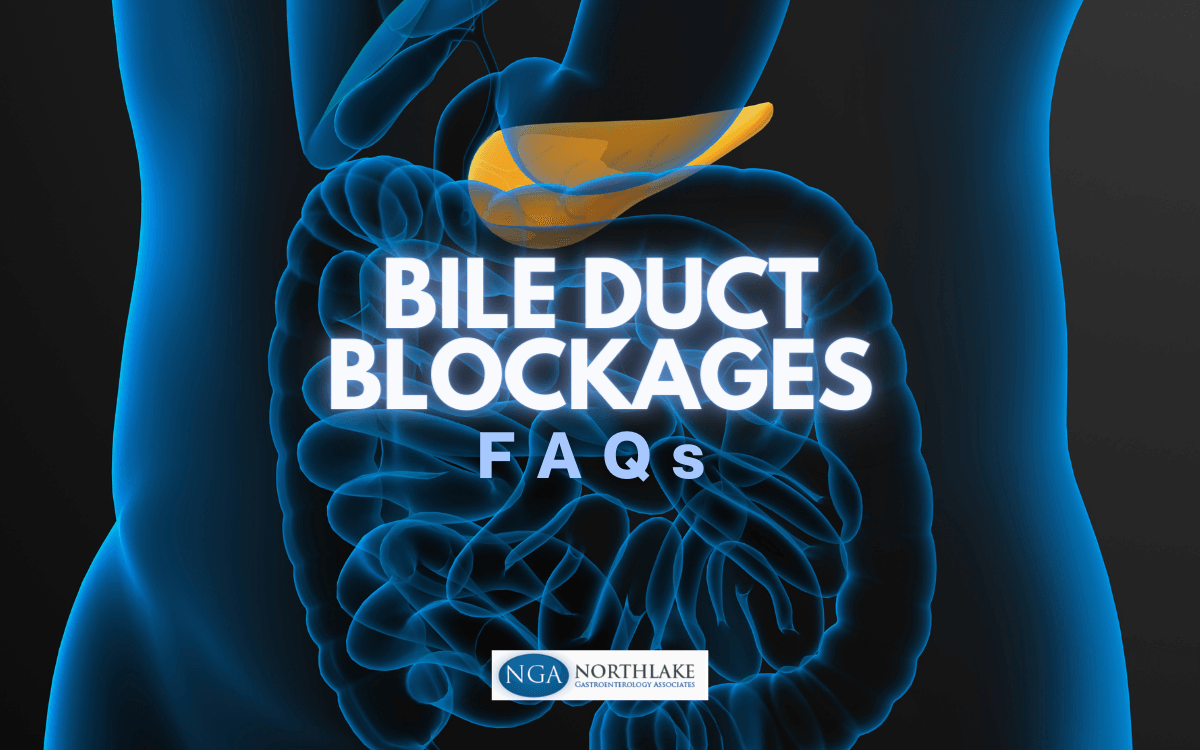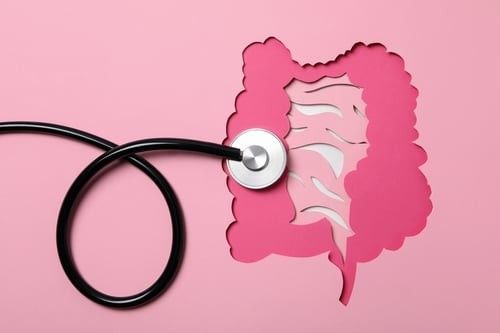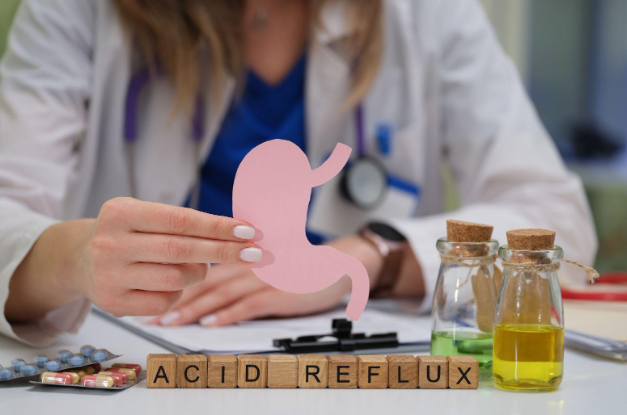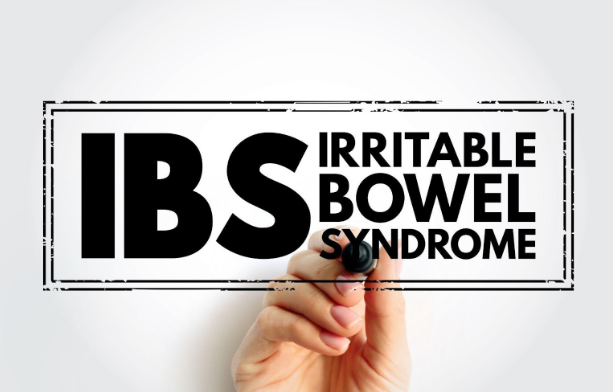
ERCP - Bile Duct Blockages FAQs
Bile duct blockage is a condition that can cause a lot of discomfort. There are a few different reasons for this type of blockage. Here are the most frequently asked questions about bile duct blockage.
What Is a Bile Duct?
A bile duct is one of the tubes carrying bile from your liver. After bile is manufactured in your liver, it travels out of your liver taking cholesterol and other waste products. The tubes by which the bile travels are called hepatic ducts. Hepatic means something related to your liver.
There are two kinds of bile ducts. The intrahepatic ducts are the smaller of the two types. The intrahepatic ducts take the bile to the larger of the two which are the extrahepatic ducts. There is a right one and a left one. They are separate when they leave the liver. They grow together to form the hepatic duct and continue to the small intestine.
What Causes a Blocked Bile Duct?
Gallstones are the main culprit of blocked bile ducts. Some of the other causes of blocked ducts include:
- Inflammation
- Cirrhosis (scarring) of the liver or liver damage
- Pancreatitis
- Enlarged lymph nodes
- Cysts
- Hepatitis
How Can I Know If I Have Bile Duct Obstruction?
We specialize in the diagnosis and treatment of bile duct obstruction at Northlake Gastroenterology. Some symptoms can be serious, so it would be wise to seek care if you notice one or more of the following:
- Eyes or skin with a yellowish tint (jaundice)
- Nausea/vomiting
- Darker than normal urine/pale and/or greasy stools
- Upper right quadrant pain
- Unintentional weight loss
- Fever/night sweats
- Itchiness
- Confusion
What Tests Can Be Done to Diagnose Biliary Obstruction?
There are several tests that can be done for correct diagnosis. They include:
- Complete blood count (CBC) and liver function test
- Magnetic resonance imaging (MRI)
- Ultrasound
- Biliary radionuclide scan (HIDA scan)
- Cholangiography/bile duct X-ray
- Magnetic resonance cholangiopancreatography (MRCP)
- ERCP
What Is ERCP?
ERCP stands for endoscopic retrograde cholangiopancreatography. It is the process of examining your bile ducts through an endoscope, a tiny tube with a camera on the end. This is meant for diagnosing as well as often treating endoscopically, or with surgical tools used inside your body. It can biopsy a questionable organ. It can remove gallstones if that is your diagnosis.
You will be given an IV sedative before the ERCP procedure and possibly a numbing agent for your throat. You will be asked to remove dentures if you have them. A small tube will be inserted into your esophagus that may cause some gagging. The tube will be sent down to your small intestine and into a bile duct. The doctor will inject a special dye that will help to see any blockage and X-rays will be taken.
The ERCP procedure will likely be uneventful, and many patients do not even remember what happened.
How Is Bile Duct Obstruction Treated?
The best treatment for biliary obstruction is to first take care of the reason that caused it. Cholecystectomy, or removing your gallbladder would be a common first move if you have been diagnosed with gallstones. Drainage is an option, which is done with placement of a stent to get bile flowing again as it should. A widely used and effective treatment is ERCP, as mentioned above as both a diagnostic and treatment tool.
What Kind of Doctor Should I See If I Have a Bile Duct Blockage?
A gastroenterologist is a doctor who diagnoses and treats a blockage in the bile ducts. Our specialists at Northlake Gastroenterology frequently work with patients who suffer with this condition, usually men and women aged 50 and older.
What Are My Chances of Having an Obstructed Bile Duct?
Women tend to have more biliary obstructions than men, and usually they are caused from gallstones, also more prevalent in women. Risk factors for gallstones and/or bile duct obstruction include:
- Female
- Obesity
- Losing weight quickly
- Chronic pancreatitis or cancer of the pancreas
- Recurrent gallstones
- Sickle cell anemia and related disorders
- Right side abdominal injury
- High cholesterol
- Family history
- Diabetes
- Increase in estrogen
- Age
- Native American and Mexican American lineage
- Metastatic cancer
- Bile duct or liver cancer
How Can I Keep from Getting Bile Duct Blockage?
The best things you can do to lower your risk of biliary obstruction are the same as for many other diseases of the GI system. Keep your weight down. Eat a healthy diet. Stay away from too much fat and sugar. Eat more fiber. Exercise on a regular basis. These steps will not guarantee that you never have a bile duct blockage, but they will lower your chances.
Is Bile Duct Blockage Hereditary?
Biliary blockage can be hereditary to some extent. Gallstones often run in families, and gallstones are closely related to biliary obstruction. It is also common for Mexican American and Native American families to have more than one member who suffers from biliary blockage and other GI issues.
We hope you will contact us here at Northlake Gastroenterology for any of your gastroenterological problems or if you have a question not answered here.
More Blogs












